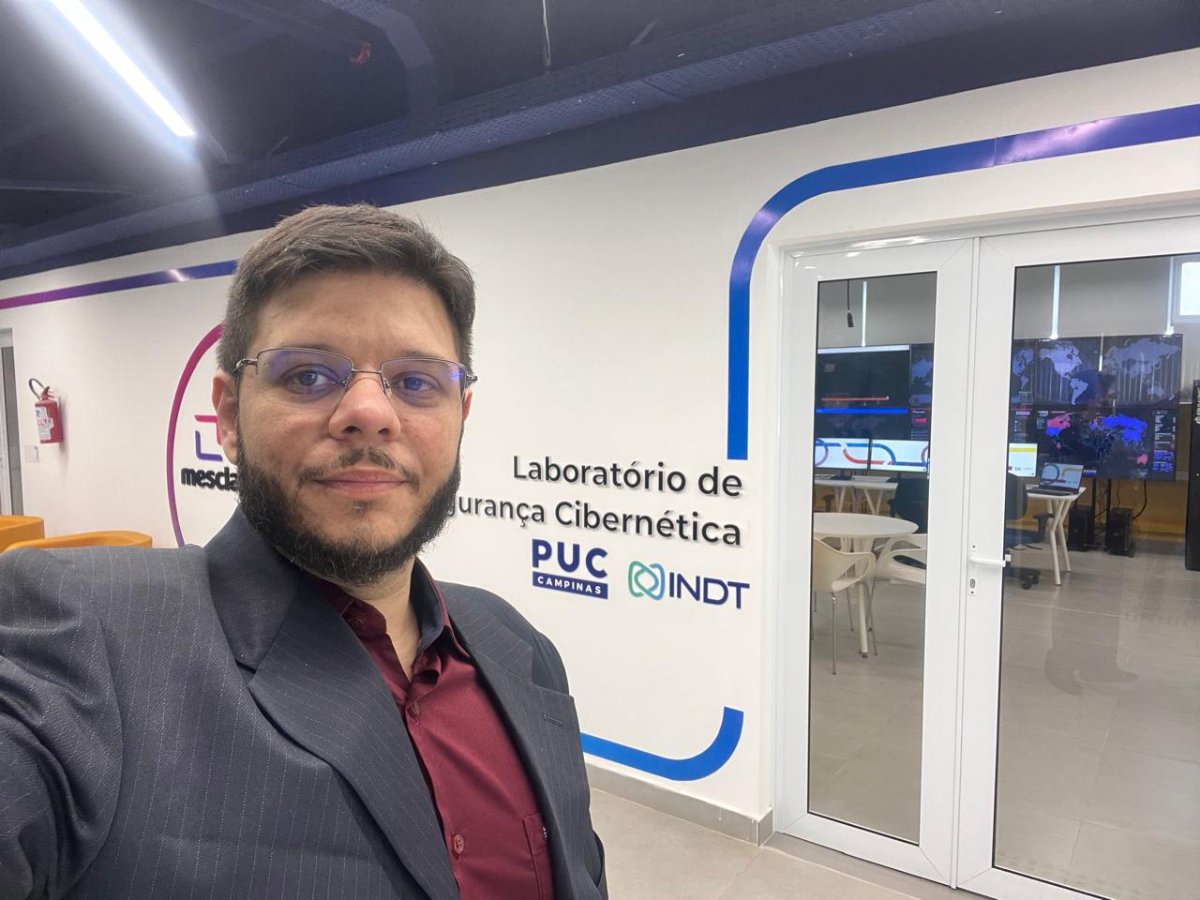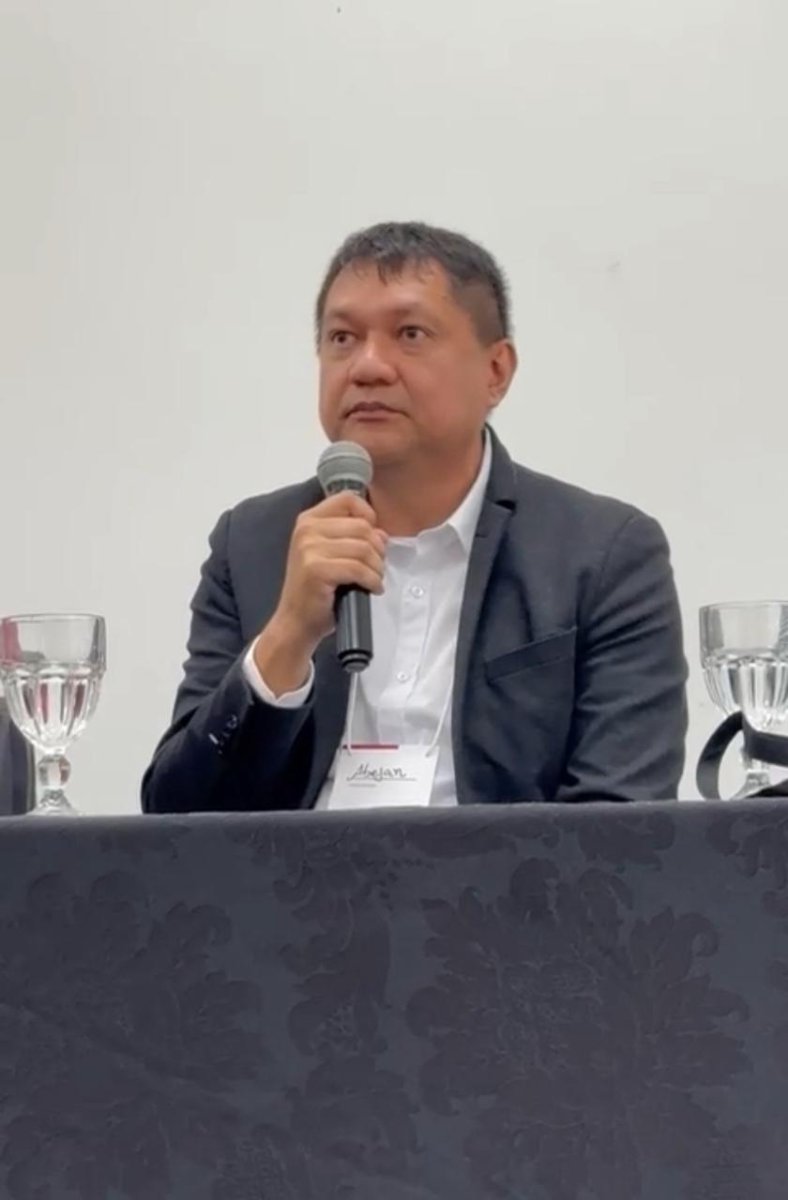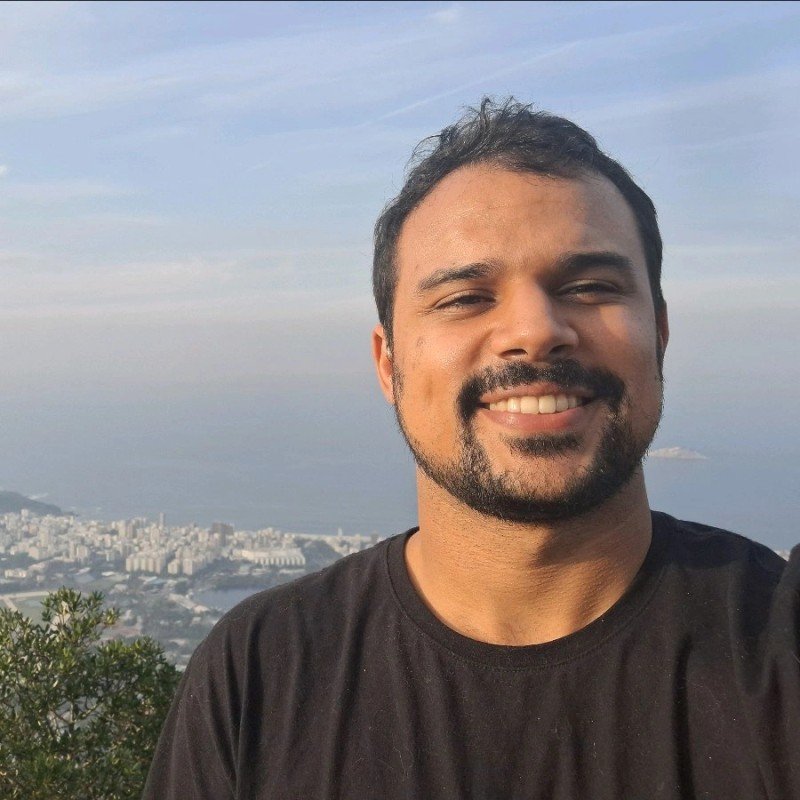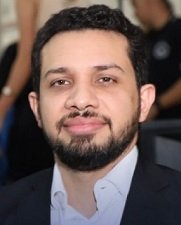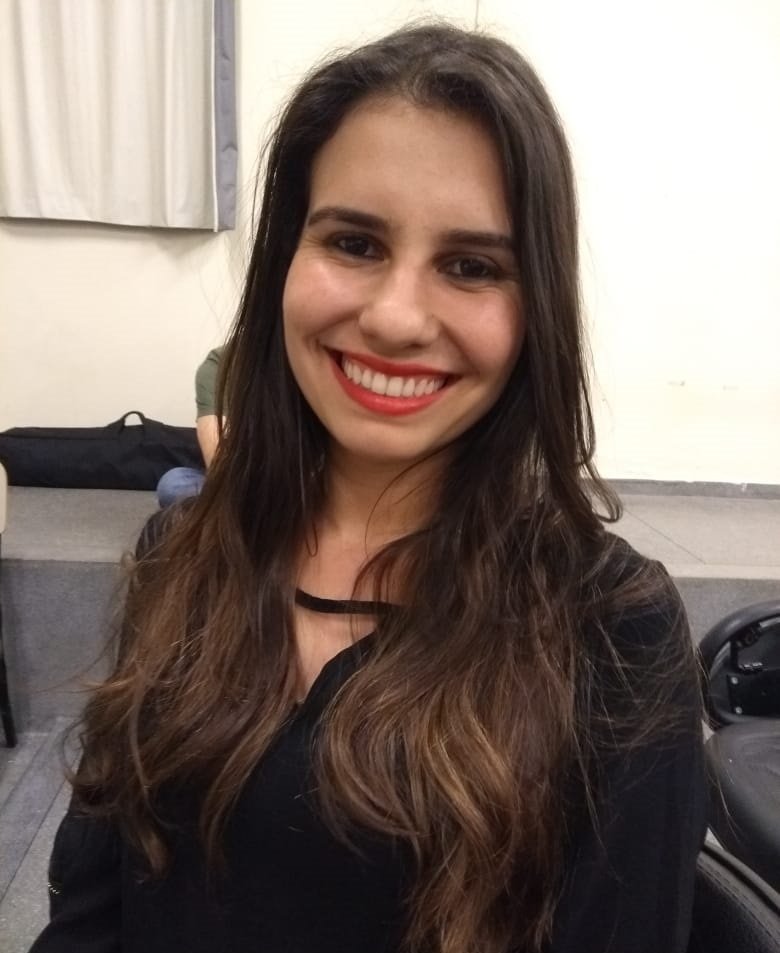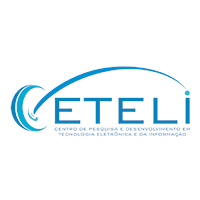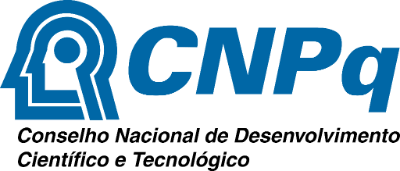The TAC Workshop aims to bring together researchers working on challenges at the intersection between artificial intelligence (AI) and cyber-physical systems (CPS), including security for AI, AI for security, safety and security of AI-enabled CPS and networked control systems (NCS).
We are interested in discussing recent achievements and future initiatives to address the fundamental security problem of guaranteeing safety, transparency, and robustness in neural-based architectures and their implementation in computer-based systems. Regarding safety and robustness, one important observation is that it is becoming more difficult to achieve these properties since fixed mathematical models are being replaced by machine learning (ML) approaches, where the future operation may change based on data acquired during previous actions due to model updating. Indeed, ML algorithms have a dual role in formal software verification development: "model evolution" and "verification enhancement", which we intend to discuss in TAC.
We are also interested in improving the safety and security of CPS. CPS play a crucial role in the modern world compressing several critical applications including electric power grids, medical devices, and autonomous driving. The operation of CPS is perfomed based on NCS, which are distinguished by the use of communication networks for exchanging data between the computational elements (actuators, sensors, and controllers) with the physical part (plant). However, the resources of the communication network are typically shared and limited. Moreover, the presence of the network introduces risks to cyberattacks caused by malicious agents. CPS must be safe and secure to guarantee the services that depend on that. In this regard, we are interested in discussing the new achievements on resilient and resource-aware NCS to ensure the correct operation of CPS under cyber-attacks and when the communication resources are shared and limited. Moreover, the AI plays a pivotal role on CPS, since AI is applied in several tasks of CPS and enables the data processing and learning features. In general, we are interested NN trustworthy CPS which includes their NCS and AI algorithms.
We will have invited talks, poster presentations, a roundtable discussion on how to consider the security aspects of AI and automation in industrial systems. Participants will leave having a better understanding of enabling system designers to specify essential conceptual/behavioral safety and security properties for AI and CPS, verify them, and thus safeguard the system against unpredictable behavior and attacks.




